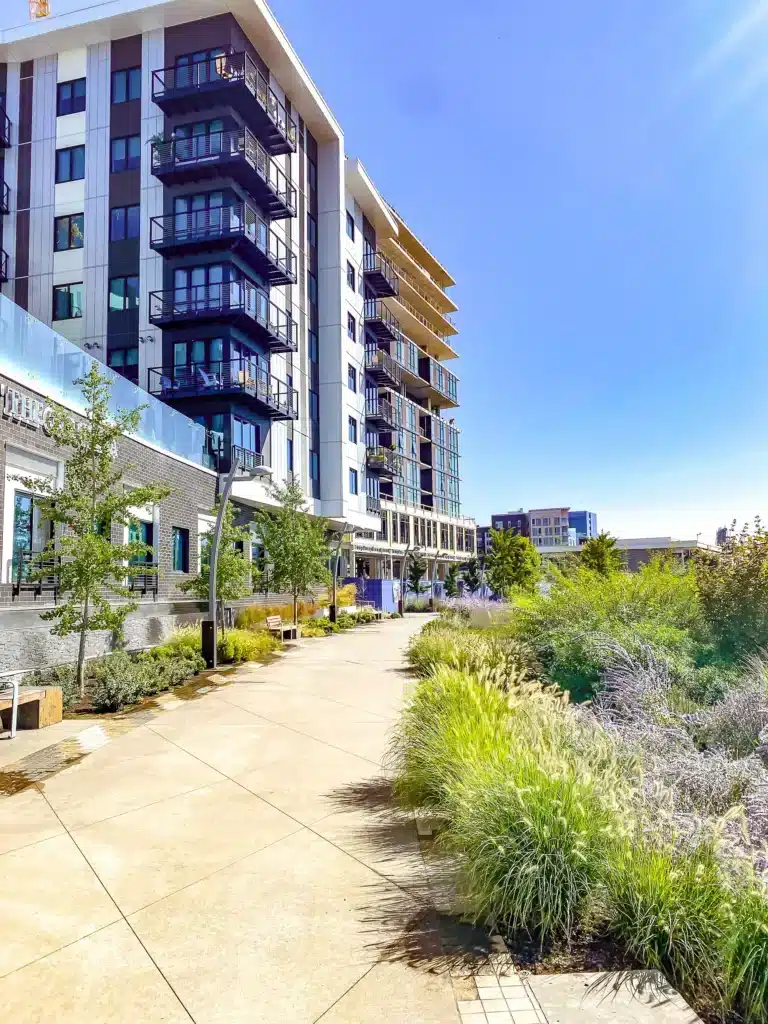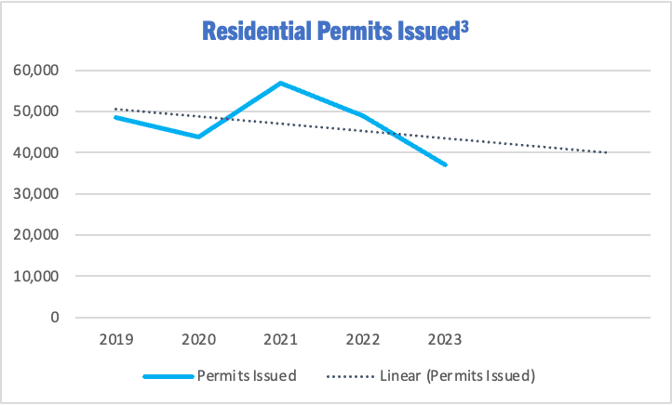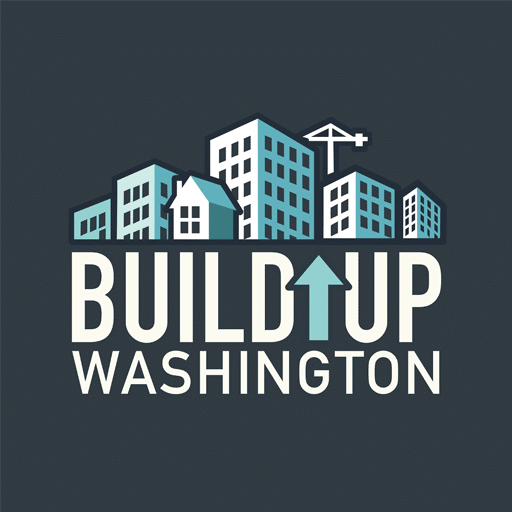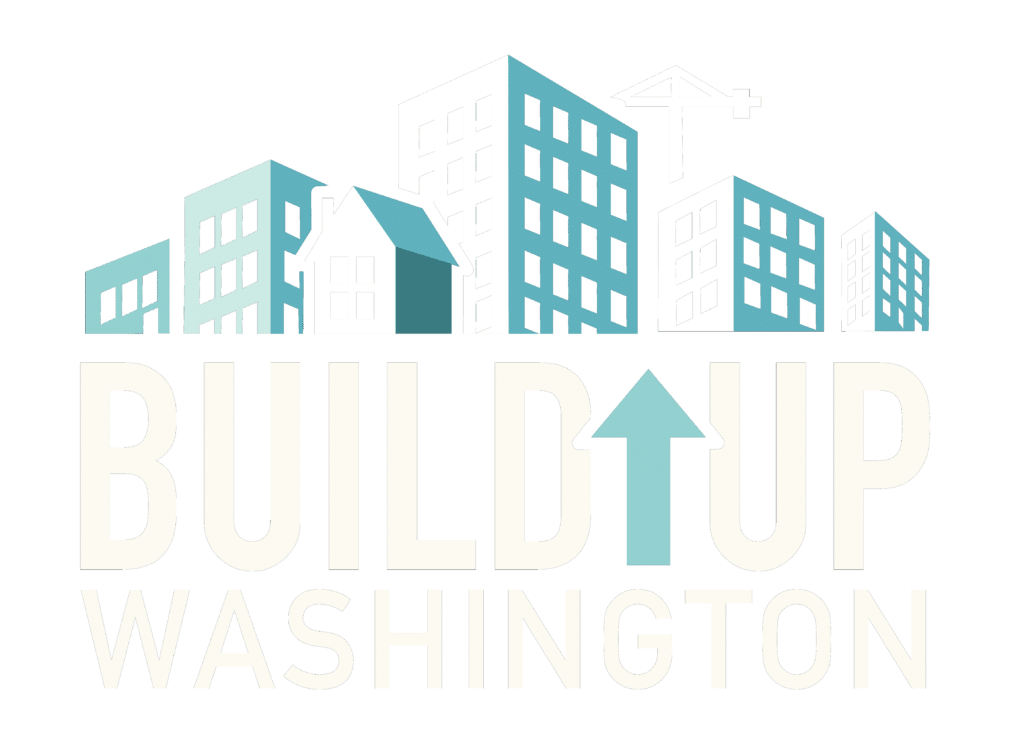
Washington State Needs More Housing
Right now, lawmakers are working diligently to bring RENT CONTROL to Washington state
Washington is short by 251,894 housing units
and needs 1.1 million more housing units by 2044 to meet the demand of current and future residents. State lawmakers are trying to pass legislation – right now – to cap rents in during the 2025 legislative session. Rent caps are not the answer! Rent caps will hurt renters by decreasing the quality of property upkeep, stifling the development of new apartments, and drastically reducing investment into Washington state. Washington needs more housing, not a law that has been proven in other states and countries to have a drastic impact on the supply of affordable housing while raising the cost of living.
Washington Needs
1.1 Millions homes in the next 20 years
Over 8 Million Residents Call Washington State Home.
And with a continuing optimistic economic forecast and the challenges California is facing with wildfires, more people are likely to come. We have a desirable economy and landscape for people to live and work here.
But we have a housing shortage, and prices keep going up, with Seattle-area residents facing the greatest increase. We all know that we have a housing supply challenge.
Rent Caps Will...
- Limit the availability and affordability of housing units, hurting residents who need help the most.
- Reduce the quality of housing and investment in more projects.
- Place unforeseen financial strain on taxpayers.
Goodman Real Estate YouTube
See how anti-housing policies negative impact Seattle
Economists agree that rents caps do not work
To ensure that families and individuals can continue to live in our beautiful state, we need policies that promote and support housing without imposing undue burdens.
Learn more about the failure of rent caps
National Multifamily Housing Council (NHMC)
Rent Regulation Policy in the United States (2024)
Support Solutions That Work
Policymakers should prioritize targeted solutions that directly benefit those most in need, such as:
- Short-Term Rental Assistance: Direct subsidies for lower-income households can provide immediate relief without distorting the market or limiting future housing development.
- Pro-Housing Supply Reforms: Streamlined permitting processes, increased zoning for multifamily housing, and incentives for affordable housing development can address long-term supply shortages and reduce price pressures.
- Preservation of Existing Affordable Units: Protecting current affordable housing through targeted programs can prevent further erosion of housing availability and maintain stability in the housing market.
While rent caps aim to address affordability, the evidence shows that they often exacerbate housing challenges by limiting supply, discouraging investment, and creating market inefficiencies. Washington’s policymakers have a critical opportunity to avoid the long-term pitfalls of rent caps by adopting strategies that foster sustainable growth, equitable housing access, and long-term affordability. By doing so, they can help create a housing environment that balances tenant protections with a robust and sustainable housing supply.
Who we are
A coalition of compassionate businesses, trade associations, and housing providers who are intimately involved in solving the housing supply issue facing the Evergreen State, ensuring that there are enough housing options for all. We operate in every legislative district in this state, delivering housing to individuals, families, and employing thousands of Washingtonians. BuildUp Washington is a coalition of partners from the Washington Multi-Family Housing Association, NAIOP Washington State, and the commercial real estate industry.
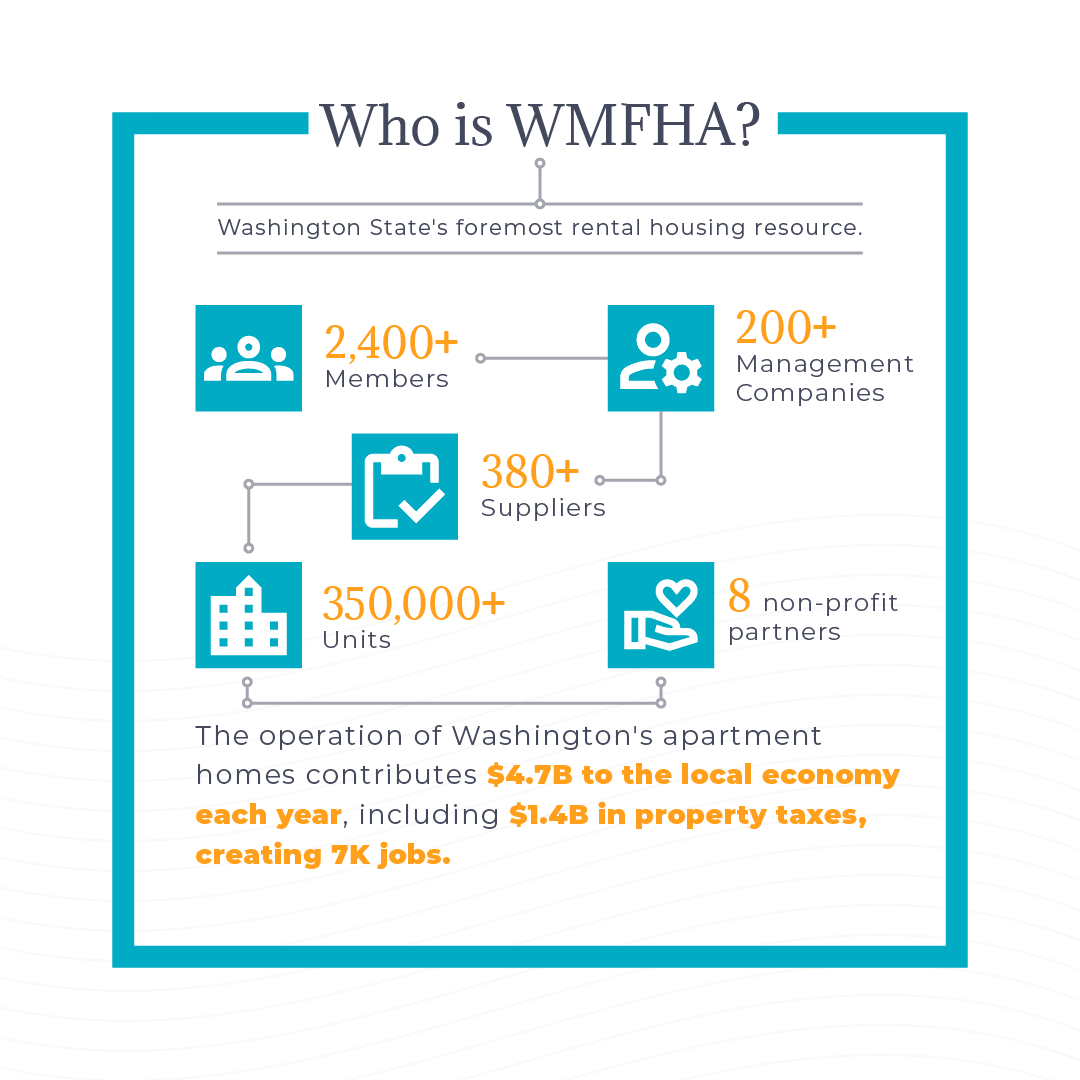
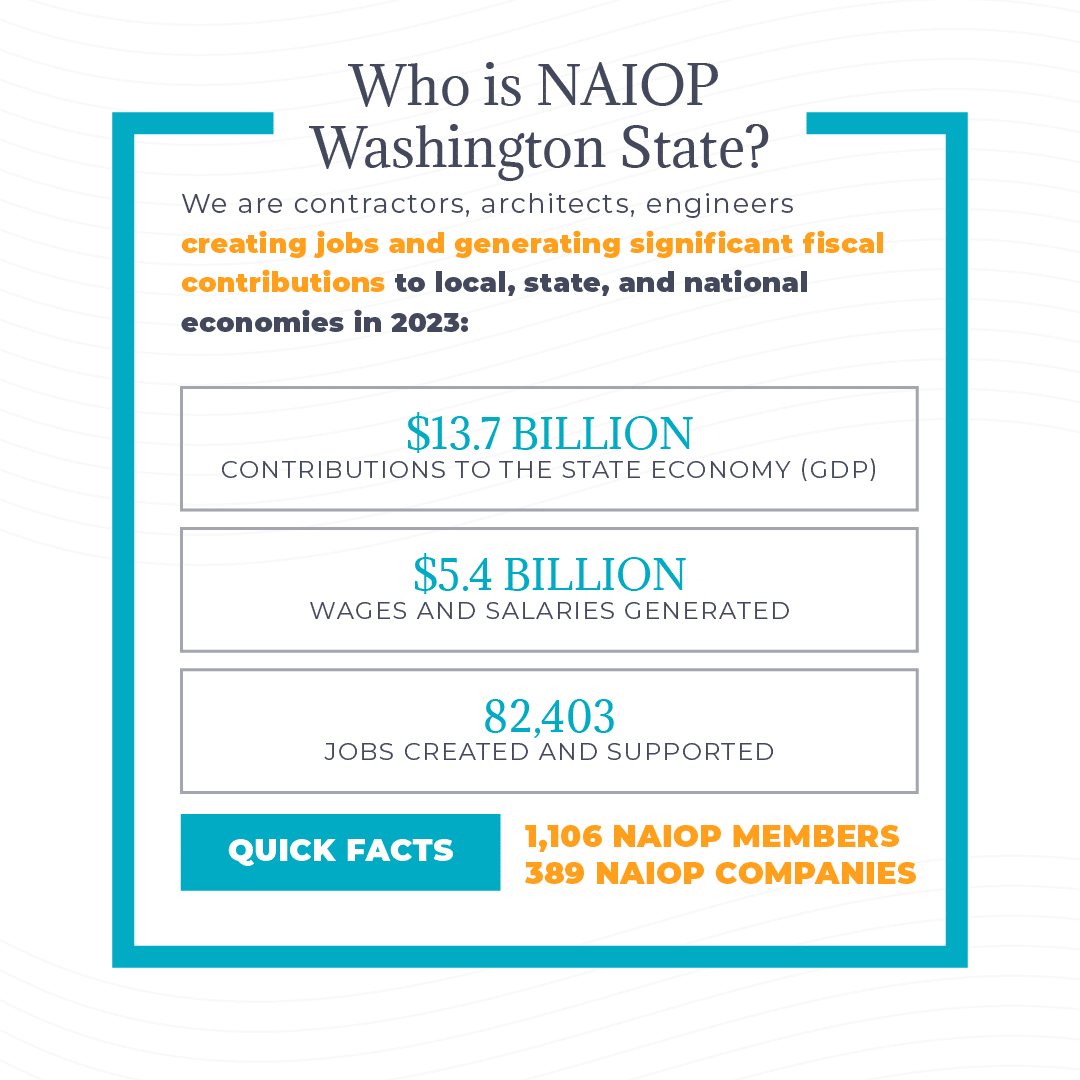
Legislation
The bills, SHB 1217 & SB 5222 will:
- Limit rent increases to 7% annually
- Require 180 days’ notice to tenants for rent increases of 3% or more
- Impose a 1.5% cap on late fees
- Limit move-in fees and security deposits to one month’s rent
- Prohibit preferable terms for longer lease terms
- Establish a Landlord Resource Center, burdening taxpayers
New construction is exempt from rent caps for the first 10 years of occupancy under the proposed legislation. While this may sound okay, financial lenders have refused to underwrite loans for construction that are tied to rent caps. If financing is not available for construction, building more housing units does not happen.
